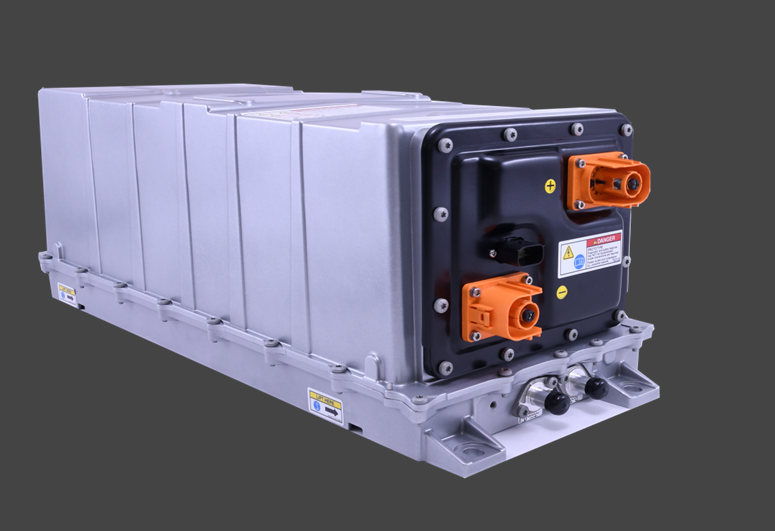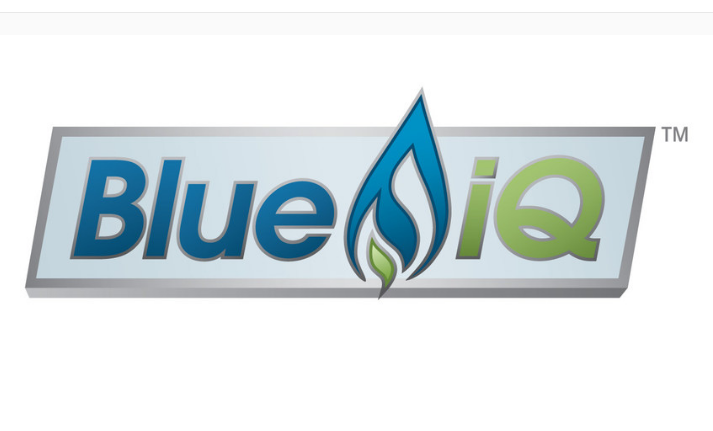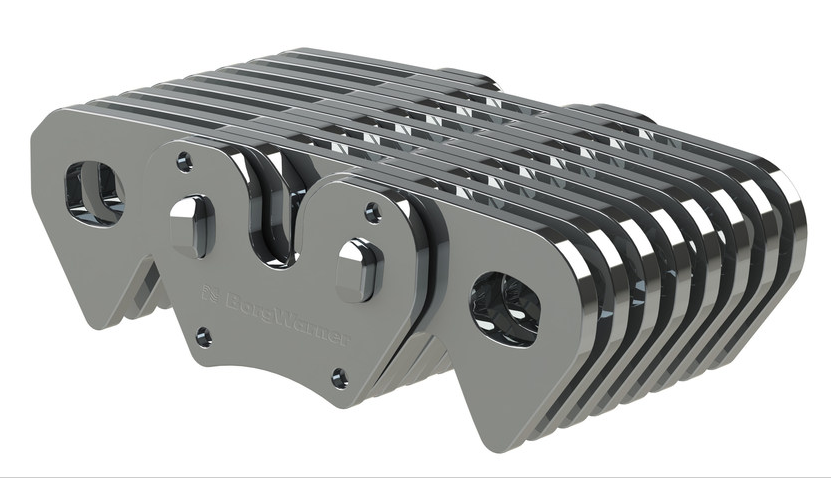A recent performance evaluation conducted by the National Renewable Energy Laboratory (NREL) found that hybrid-electric delivery vans yielded ‘significant’ fuel-efficiency benefits compared to standard vans.
NREL, which operates under the auspices of the U.S. Department of Energy, worked with UPS' Minneapolis-based fleet over a period of 18 months. NREL also performed dynamometer testing in its own labs.
‘During the on-road portion of our study, the hybrid vans demonstrated a 13 to 20 percent higher fuel economy than the conventional vans,’ says Michael Lammert, an NREL project engineer.
‘During dynamometer testing, three standard drive cycles were chosen to represent the range of delivery routes. The hybrids showed a 13 to 36 percent improvement in fuel economy and up to a 45 percent improvement in ton-miles-per-gallon,’ he adds. ‘This wide range in fuel economy is largely dependent on drive cycle.’
The study used 11 model-year 2010 Freightliner/Eaton P100H hybrid vans and 11 Freightliner P100D conventional vans. The hybrid vans feature a 44 kW electric motor, lithium-ion batteries and regenerative braking technology.
Hybrid fuel costs per mile were 11% less than for the conventional vans when a fuel price of $3.58/gallon (the average cost of diesel during the study) was used, NREL says. The total cost of operation per mile (assuming $3.58/gal) was 3% greater than the cost of operation for the diesel group ($0.59 vs. $0.57 per mile).
For more information, see the complete study results HERE.






